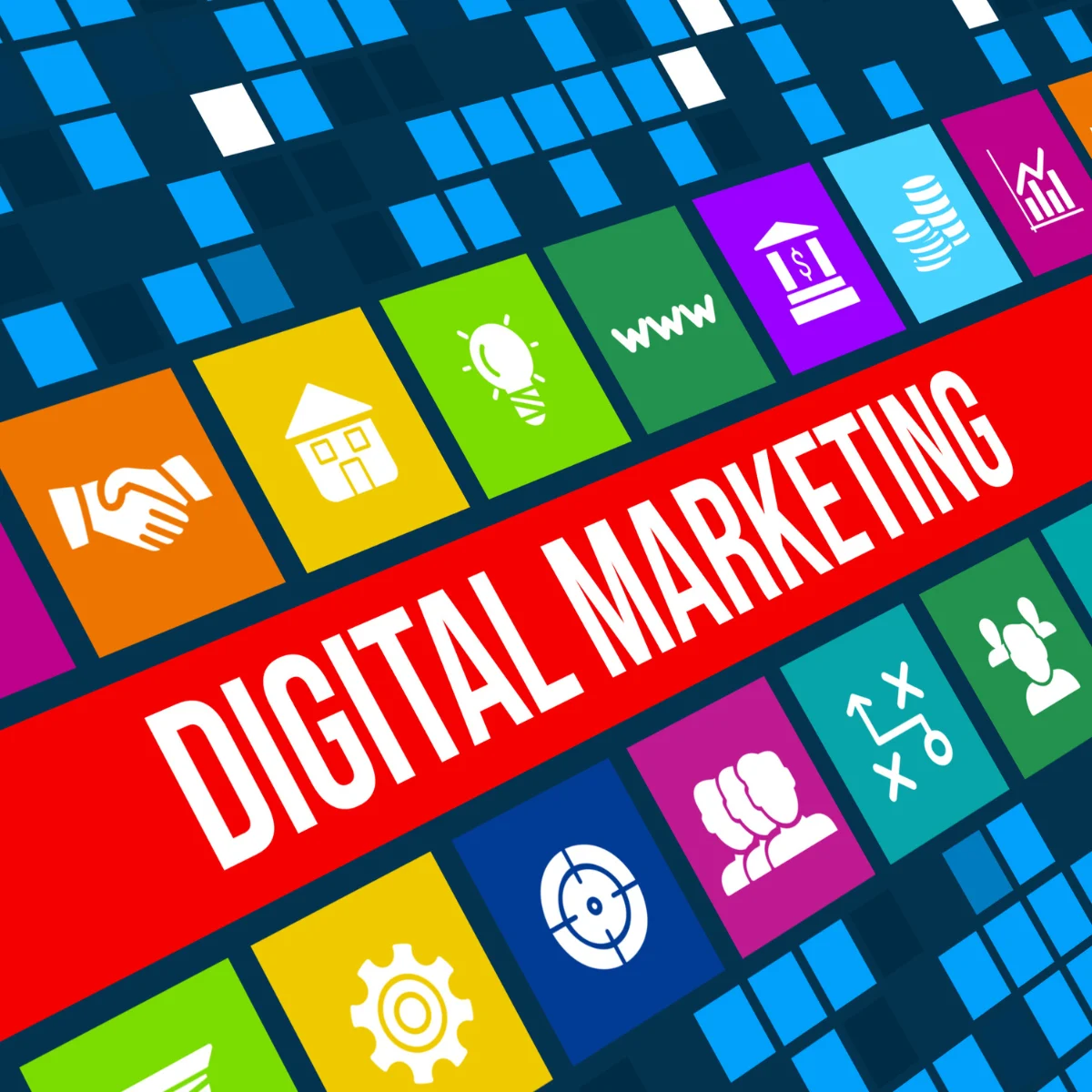Digital marketing is the use of digital channels, such as the internet, social media, email, and mobile devices, to promote products or services to potential customers. Digital marketing can help businesses reach a larger and more targeted audience, increase brand awareness, generate leads, and boost sales.
If you are interested in learning more about digital marketing online, you may want to consider taking some online courses or pursuing a degree in digital marketing. In this guide, we will explain what digital marketing online courses and degrees are, what they cover, and how they can benefit you.What are digital marketing online courses?
Digital marketing online courses are short-term or long-term learning programs that teach you the skills and knowledge needed to become a successful digital marketer. You can take these courses from the comfort of your home, at your own pace, and on your own schedule.
There are many online platforms that offer digital marketing courses, such as Coursera1, Udemy2, edX3 , and HubSpot 4 . These platforms partner with reputable universities and organizations to provide high-quality and up-to-date content.
Some of the topics that digital marketing online courses may cover are:
- Search engine optimization (SEO): This is the process of improving the ranking and visibility of a website or web page on search engines, such as Google or Bing, for relevant keywords or phrases.
- Social media marketing (SMM): This is the use of social media platforms, such as Facebook, Instagram, Twitter, or LinkedIn, to create and share content that engages and attracts users, builds relationships, and drives traffic to a website or landing page.
- Email marketing: This is the use of email to communicate and market to a list of subscribers, who have opted in to receive messages from a business or brand. Email marketing can be used to deliver personalized, relevant, and timely content, such as newsletters, promotions, offers, or updates.
- Content marketing: This is the creation and distribution of valuable, relevant, and consistent content, such as blog posts, articles, videos, podcasts, or infographics, that educates, entertains, or inspires a target audience and helps them solve their problems or achieve their goals.
- Pay-per-click (PPC) advertising: This is a form of online advertising where an advertiser pays a fee each time a user clicks on their ad, which appears on search engines, websites, or social media platforms. PPC advertising can help drive immediate and qualified traffic to a website or landing page, and increase conversions and sales.
- Web analytics: This is the measurement, collection, analysis, and reporting of web data, such as traffic, behavior, conversions, and revenue, using tools such as Google Analytics or Adobe Analytics. Web analytics can help digital marketers understand their audience, evaluate their performance, and optimize their strategies.
What is a digital marketing degree?
A digital marketing degree is a formal and comprehensive education program that prepares you for a career in digital marketing. You can earn a digital marketing degree at different levels, such as associate, bachelor, master, or doctorate, depending on your goals and qualifications.
A digital marketing degree typically covers the core concepts and principles of marketing, as well as the specialized and advanced topics of digital marketing. You may also learn about related fields, such as business, communication, design, or psychology. A digital marketing degree may also require you to complete projects, internships, or a thesis, depending on the level and type of the program.
Some of the benefits of earning a digital marketing degree are:
- You can gain a solid foundation and a broad perspective of digital marketing, as well as the skills and knowledge to apply it in various contexts and scenarios.
- You can enhance your credibility and employability, as a digital marketing degree can demonstrate your competence and commitment to potential employers or clients.
- You can access more opportunities and higher salaries, as a digital marketing degree can qualify you for more advanced and specialized roles and positions in the field.
Some examples of online schools that offer digital marketing degrees are:
- University of Social Science: This school offers a Master of Digital Marketing degree, which aims to nurture highly specialized digital marketing professionals. It offers a choice of three tracks: Generic Digital Marketing, Analytics, and Design. The degree can be completed in 18 to 36 months.
- University of Illinois at Urbana-Champaign: This school offers a Master of Business Administration degree with a concentration in Digital Marketing. It covers topics such as digital marketing strategy, digital analytics, digital channels, and digital content. The degree can be completed in 24 to 36 months.
- Full Sail University: This school offers a Bachelor of Science degree in Digital Marketing. It covers topics such as digital consumer behavior, digital marketing campaigns, digital marketing research, and digital marketing metrics. The degree can be completed in 29 months.
Conclusion
Digital marketing is a dynamic and exciting field that can help you achieve your personal and professional goals. Whether you want to learn the basics, update your skills, or advance your career, you can find a digital marketing online course or degree that suits your needs and interests. Start your digital marketing journey today and discover the opportunities and challenges that await you in the digital world.
